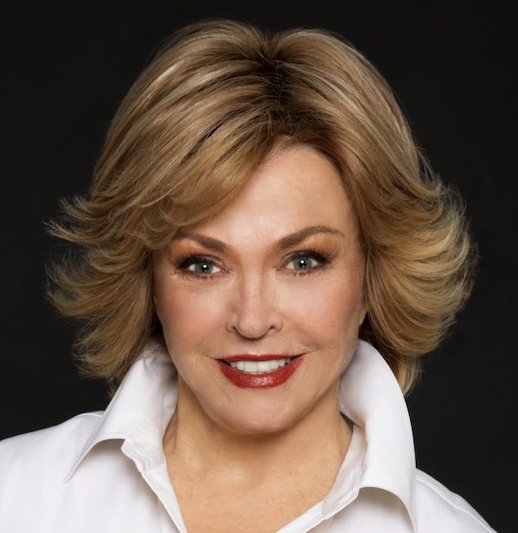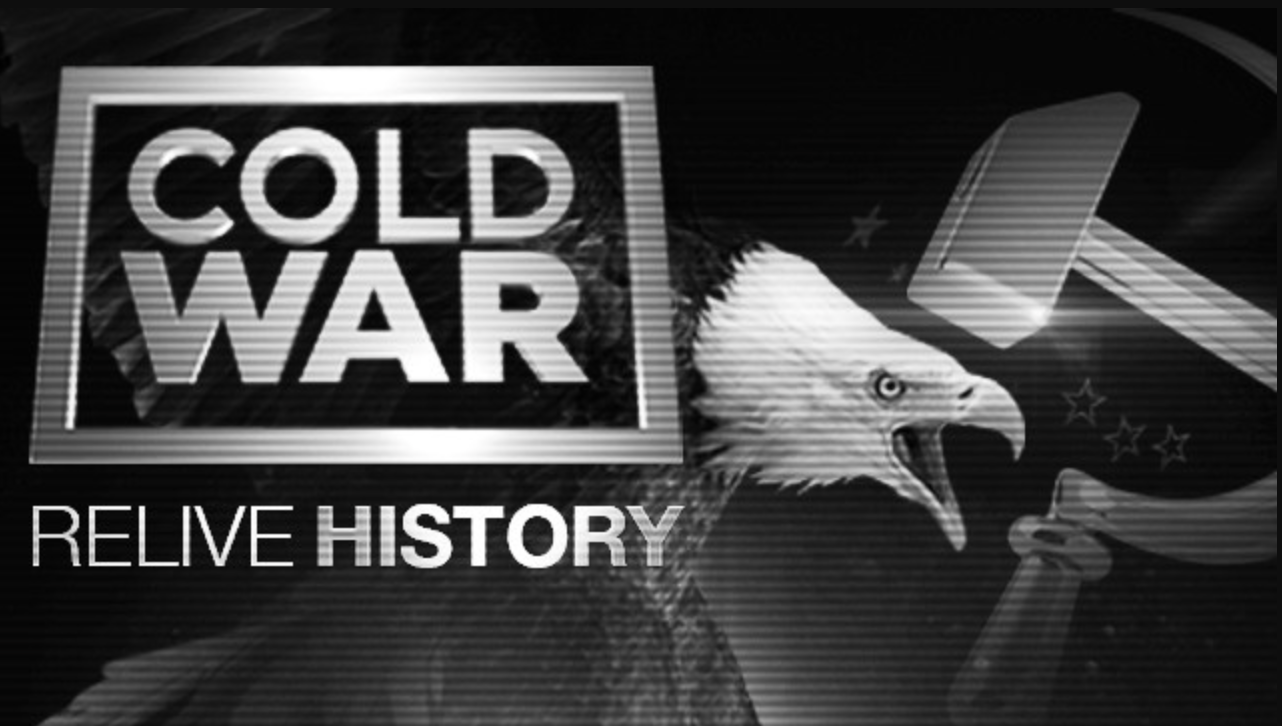Vladimir Putin’s shocking invasion of Ukraine is the most brazen military action seen in Europe for nearly 70 years. In the face of it, the bravery of the Ukrainian people and their leader, Ukrainian President Volodymyr Zelensky, have galvanized an unprecedented global response including economic sanctions, no-fly zones, and open borders for the Ukrainian refugees.
For those of us who grew up during the 40-year conflict known as the Cold War, the resonances of ‘duck and cover’ routines at school catapult us between the fear of another world war and the hope that out of this conflict will emerge not only a free Ukraine, but also a globally unified and urgent response to two existential threats the world faces today. The first, stockpiles of nuclear weapons, a legacy of the Cold War, and the second, the world’s dependence on fossil fuels, one that might be curbed using lessons from the Cold War.
A bit of personal Cold War history
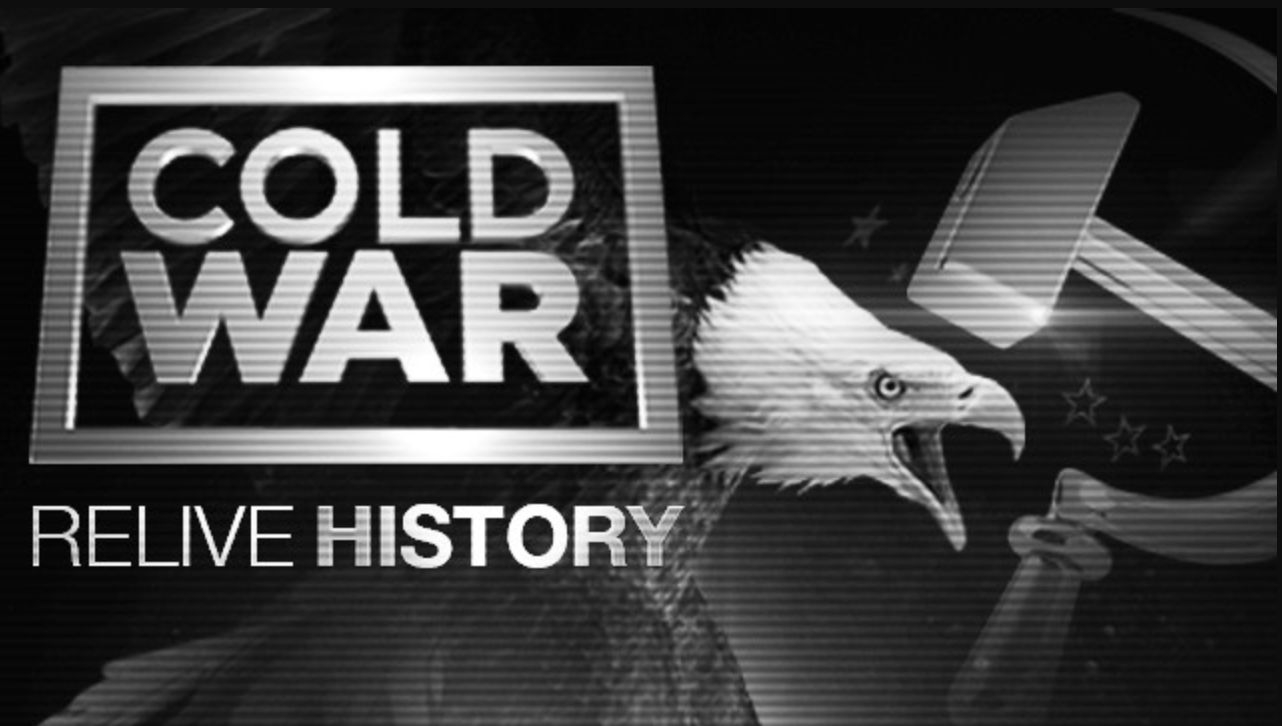
My first visit to a country I grew up fearing—the former Soviet Union—was in 1994. I was there for the Goodwill Games—created by my boss at the time, Ted Turner, to keep sports above Cold War politics.
Arriving in St. Petersburg from my overnight flight, a note in my hotel room instructed me to go directly to the restaurant—Ted was waiting for me. Without so much as a welcome, he slammed his cup of coffee on the table and asked, “Pat, what about the Cold War?”
I was jet lagged and a little nervous about being in the country that was the “Red Menace” and the motivation for my military father’s bomb shelter in our backyard. With old fears rising, I ventured… “It is over, isn’t it?”
“Of course it’s over,” Ted boomed. “But in a few years, no one will remember the Soviet Union or what happened or why there was a Cold War for 40 years and what it was like to live on the brink of nuclear annihilation. That’s why we’ve got to tell the story so that our grandchildren will not let this happen again.”
So much of what my generation remembers about the Cold War was how every regional conflict or “surrogate war” for the Superpowers was feared to be the one that could ignite a nuclear war.
Waking up yesterday to hearing a familiar sound from my childhood of a nuclear alert system “tested” on public radio sent chills up my spine, and Russia’s hostile invasion of Ukraine is a chilling reminder of what’s at stake.
Stockpiles of Nuclear Weapons
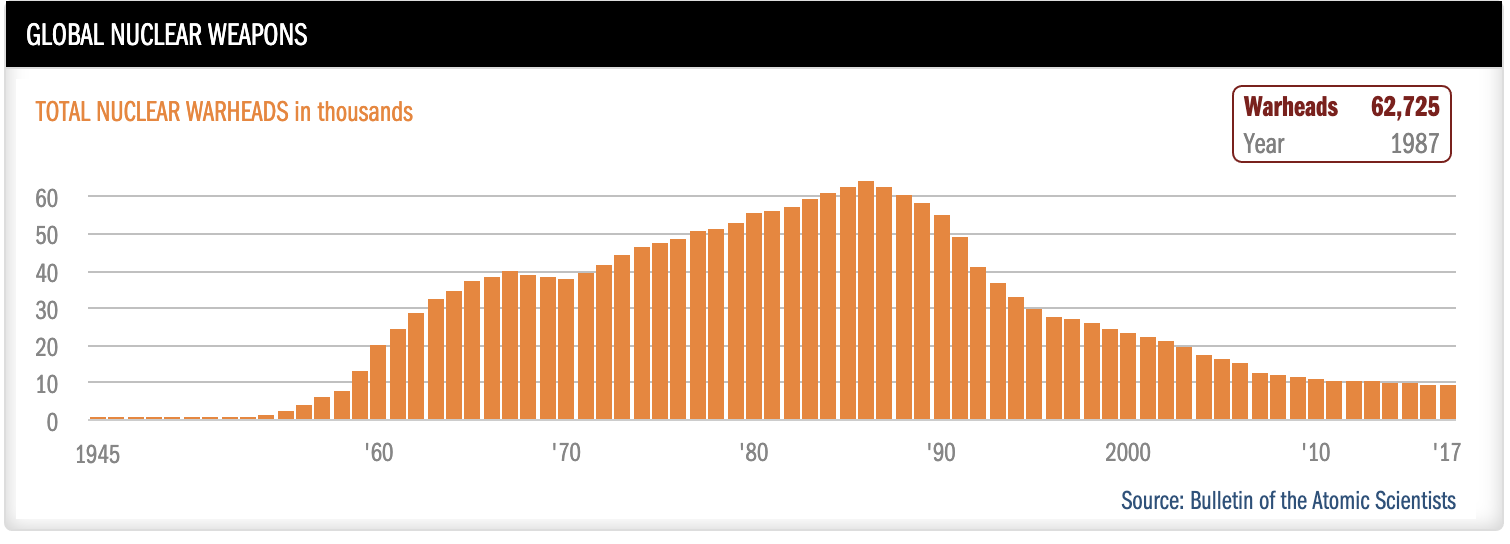
Today, there are a lot fewer nuclear weapons than at the height of the Cold War, but still more than enough to end all life on the planet. As Chair of The Elders Mary Robinson noted in a statement issued this week, “The world has shown dangerous complacency on the issue of nuclear non-proliferation and disarmament for many years, which has led to this wake-up call. Urgent steps are needed to reverse the systematic erosion of arms control treaties and norms.”
There are many groups working to rid the world of nuclear weapons and I suggest checking out the efforts of groups like the Nuclear Threat Initiative (NTI) that Ted Turner and former Senator Sam Nunn started in 2001, the Ploughshares Fund, and other organizations like N Square that are committed to ending the proliferation of nuclear weapons and to safely ridding the world of the ones that exist.
Meeting Gorbachev
During the production of the documentary series that Ted assigned me on that day in St. Petersburg – documenting the whole global story of the Cold War – a four-year journey with a production team headed by Sir Jeremy Isaacs (“World at War”), we saw some of the nuclear weapons storage sites, discovering one secured only by a bicycle lock!
We met and interviewed more than 600 of the world leaders whose decisions kept a fragile balance of power during the 40 years of a divided world, including Helmut Schmidt, Margaret Thatcher, Andrei Gromyko, Robert McNamara, Fidel Castro, Henry Kissinger, and Mikhail Gorbachev, who during his brief tenure as president is credited by many with ending the Cold War by dismantling the Soviet Union, restoring independence to the many countries (including Ukraine) that were hostilely annexed or assigned as part of the Soviet Union at the end of WWII, and attempting to shape a new relationship between Russia and the rest of the world with his policies of glasnost and perestroika.
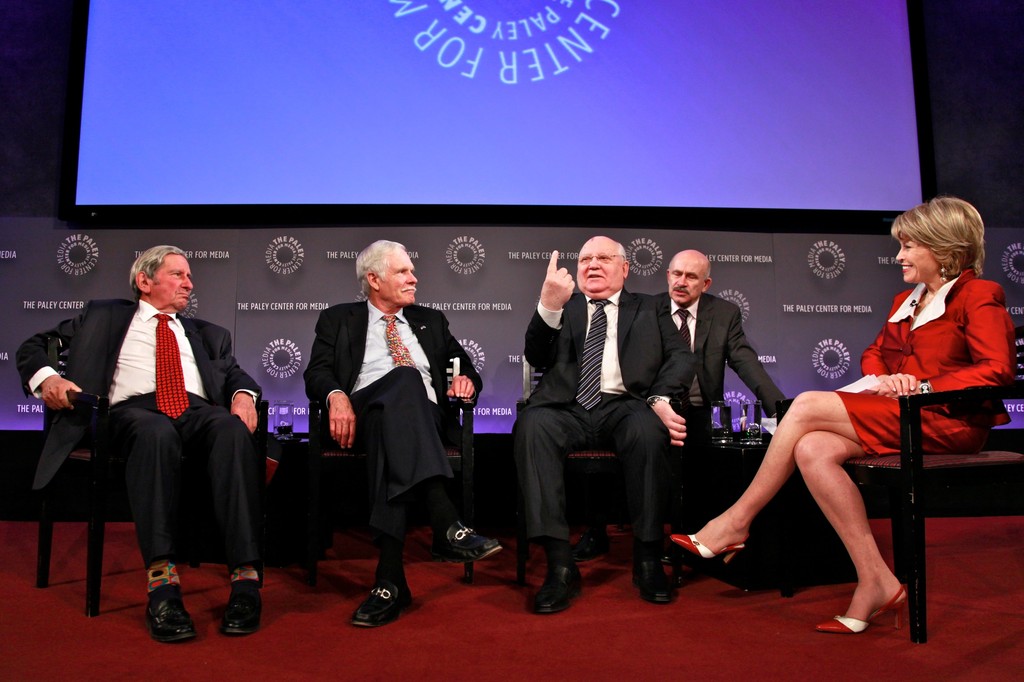
These policies, while providing a pause in the superpower stand-off, led to an internal power grab by Boris Yeltsin who stripped Gorbachev of his presidency, confiscated his papers, and relegated him to a small, almost hidden office in a nearly deserted building in the Kremlin. It was there that I met him for a second time, once again sent by Ted Turner, this time to support Gorbachev’s plan to use his global recognition, having won the Nobel Peace Prize for his policies in 1990, to advocate for the decommissioning and disposal of chemical and nuclear weapons in an environmentally responsible way and to prevent future wars related to the depletion of natural resources, including water, as he was among the first to predict the water wars of the future.
With Ted’s backing I had the privilege to lead the board of the US chapter of Gorbachev’s environmental organization, Green Cross International. And over the next decade, my husband and I traveled with and worked closely with Gorbachev, a man we came to admire for so many reasons. Always accompanied by his trusted translator, Pavel, and his outspoken wife, Raisa, he traveled the world to bring attention to the interconnected challenges of security, poverty and the environment.
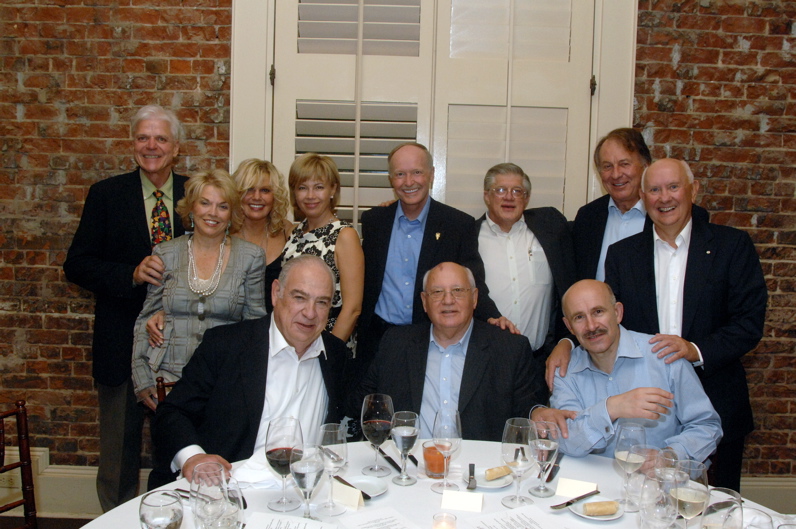
Fossil Fuel Independence and Energy Security
That link between security and the environment was top of mind for me this week as I reviewed the latest report from the Intergovernmental Panel on Climate Change. You may remember the first installment, released last August, issued a “Code Red” alert to the world. That report focused on the science behind climate change and offered general projections on future warming.
Monday’s report focuses on “the impacts, what climate change has done, is doing and will do to people and the world we live in.” This report is an undeniable and urgent call for response to another existential crisis that some are seeing highlighted in this current Ukrainian conflict.
In a tweet, Bill McKibben called the confluence of Putin’s invasion and the release of the IPCC report calling for more urgent climate action “uncanny.”
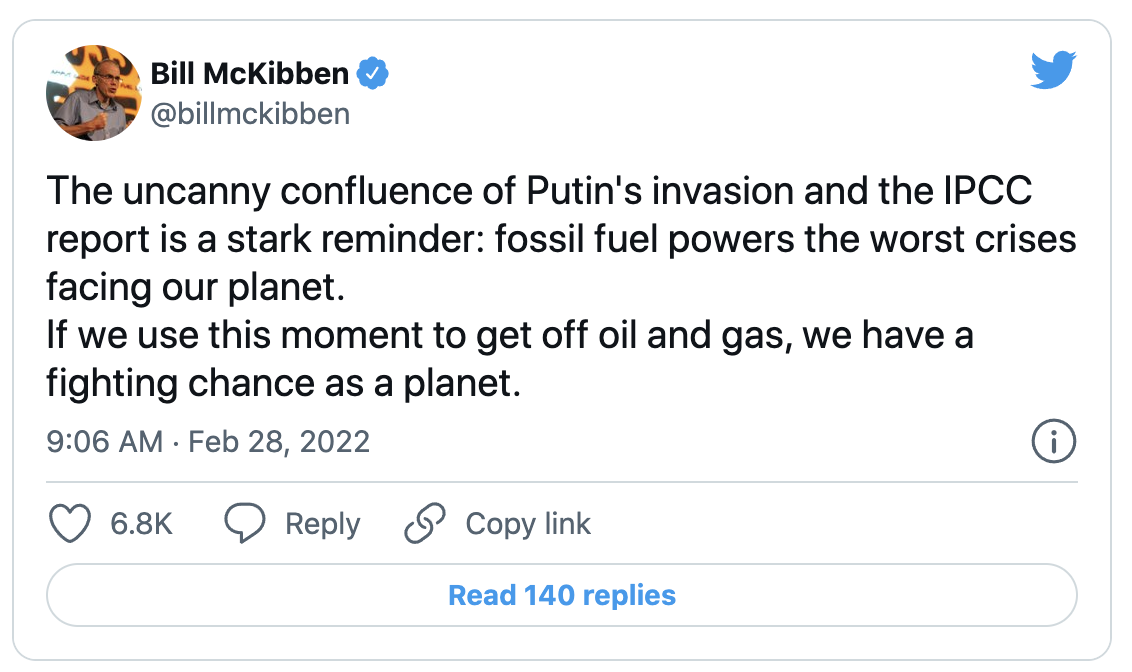
In an op-ed in The Guardian, McKibben writes: “This is not a ‘war for oil and gas’ …But it is a war underwritten by oil and gas, a war whose most crucial weapon may be oil and gas, a war we can’t fully engage because we remain dependent on oil and gas. If you want to stand with the brave people of Ukraine, you need to find a way to stand against oil and gas.”
“The conflict has driven home the risk of relying on Russian gas, particularly for countries that see it as a bridge to renewable energy,” writes Sara Schonhardt in Scientific American.
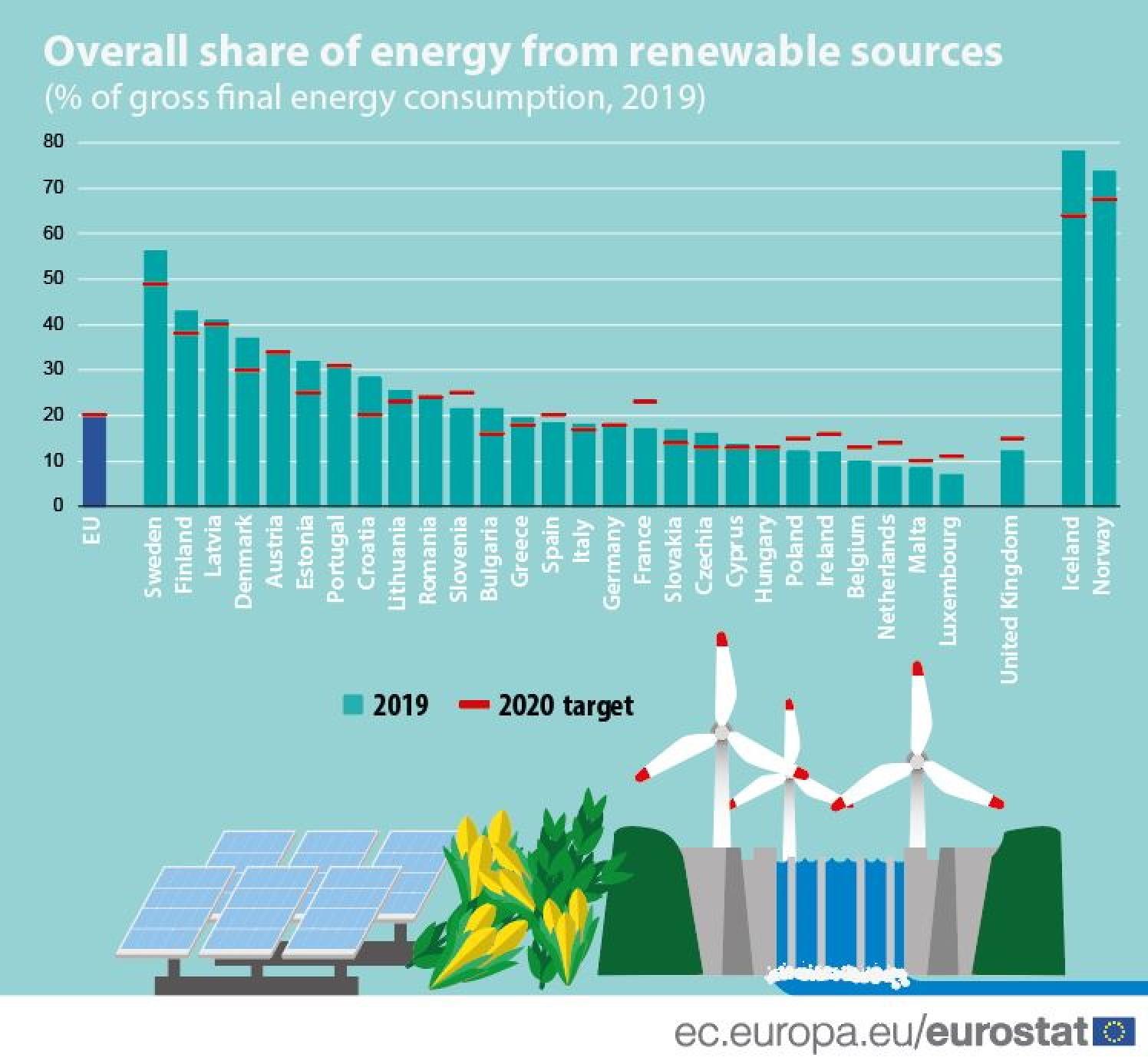
That doesn’t mean the switch to renewables is going to happen immediately. Logistically, it can’t. But Putin’s invasion “could now lead to a step change in how Europe, especially Germany, accelerates renewable energy plans that are currently behind schedule in many countries,” Citi analysts wrote in a note on Monday.
“Strengthening our energy sovereignty strengthens our security,” German Vice Chancellor and Minister for Economic Affairs and Climate Change Robert Habeck said in a statement before the EU emergency gathering. “Therefore, we must first overcome the high dependence on Russian imports of fossil fuels — a warmonger is not a reliable partner.”
Indeed…and that action will require courageous leaders like Mikhail Gorbachev, who made sweeping changes in his own country and used his global network of supporters to call for actions elsewhere, and visionaries like Ted Turner who used the power of media to document history to end the cycles of repeating it…and to elevate the lessons that can be learned from that 40-year power struggle to address the dangers we face today – the threat of nuclear annihilation and the environmental devastation of our planet.
At the recent TED Countdown summit, climate campaigner Tzeporah Berman spoke passionately about the need for a Fossil Fuel Non-Proliferation Treaty in the tradition of the Nuclear Non-Proliferation Treaty that was signed during the Cold War in 1968. It’s an interesting proposal with the support of thousands of scientists and hundreds of elected officials that, like the nuclear treaty before it, “would be constructed around three main pillars: non-proliferation, disarmament, and peaceful use.”
Ted was right when he worried that the history of the Cold War would be relegated to a paragraph in our grandchildren’s textbooks. (Note to CNN: Unfortunately, Cold War is not available to stream online. A rebroadcast would be a public service at this time.)
So yes, I wonder this morning as I reflect on these close-up encounters I have been privileged to have as a documentarian and as a citizen of a democracy I cherish and am deeply worried about, how committed are we, as citizens of what is often described as the leading world democracy, to unite to protect our independence and the independence of Ukraine?
How committed are we to mounting a unified response to ending the existing threats of nuclear weapons anywhere and everywhere, and to moving urgently to address the connections that this conflict once again makes undeniable between energy security and international security?
As The Nature Conservancy’s Chief Scientist Katharine Hayhoe writes in her summary of this week’s IPCC report, “Hope is not the guarantee of a better future: it’s the knowledge that our actions matter. And today, they matter more than ever.”
One more recollection that I share with the intention of adding dimension to this week’s personal shared experiences and, perhaps, to the character of the man now commanding so much of our attention: Vladimir Putin.
During those 1994 Goodwill Games, Putin, the deputy mayor of St. Petersburg at the time, was also often Ted’s escort throughout the Games. As we all found out later, Putin was doing double duty as a KGB agent assigned to ensure that our every move in St. Petersburg was carefully monitored.
Years later, when Putin was being inaugurated as president, Ted was invited, and my husband and I were also invited to come along for the ceremony, but not the private meeting that had been arranged for Ted — a meeting that ended abruptly when the diminutive Putin stood to greet the ever ebullient Ted who towered over him and said, with a voice that could be heard from one end of the vast corridor in the Kremlin to the other, “Vladimir, weren’t you my driver in St. Petersburg?”
He’s certainly in the driver’s seat now — at least from his perspective. The other perspective, emerging as his armies crash through borders, destroying whatever they can, is the courageous resistance of a Ukrainian population led by a president who inspires his people to stand united as protectors of the democracy they have built together. May we all have their courage to take action for a safer world for all of us.
Onward!
-Pat

